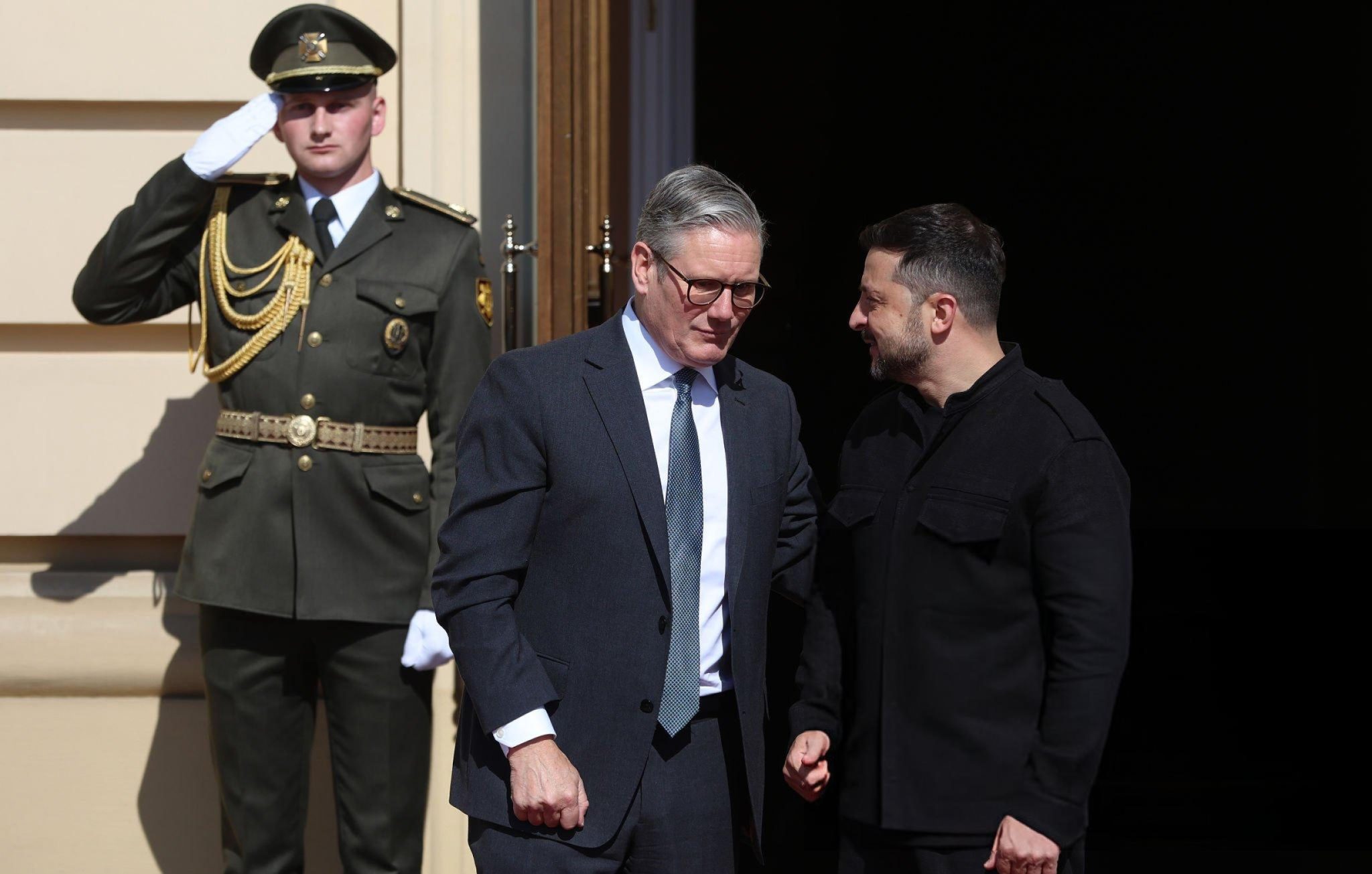Prime Minister Sir Keir Starmer has said he is “closely aligning” the UK’s position with key international allies, including Donald Trump and Ukrainian President Volodymyr Zelensky, in response to what he described as Russia’s “unacceptable” stance in ongoing peace talks over Ukraine.
Speaking from the European Political Community Summit in Tirana, Sir Keir revealed that he had taken part in a high-level conversation on Friday with Mr Zelensky, Mr Trump, and the leaders of France, Germany and Poland. The call followed the first face-to-face meeting between Ukrainian and Russian negotiators since Moscow’s invasion in 2022.
“The Russian position is clearly unacceptable, and not for the first time,” Sir Keir told reporters after the discussion. “As a result of that meeting with President Zelensky and that call with President Trump, we are now closely aligning our responses and will continue to do so.”
Talks between Russian and Ukrainian officials in Istanbul on Friday lasted less than two hours but resulted in the largest prisoner exchange of the war to date, with each side agreeing to release 1,000 prisoners. While welcoming the development, Sir Keir warned that it should not be seen as a sign of serious progress towards peace.
“The prisoner swap is obviously a good thing that’s been agreed today, and the fact that talks continue. But I think we need to be really clear in putting the pressure on for a ceasefire,” he said. “Putin’s actions this week still show me that he’s not serious yet about peace.”
The summit in Albania brought together more than 40 European leaders, with discussions focusing heavily on increasing pressure on the Kremlin. Sanctions, particularly those targeting Russian energy exports, were high on the agenda should Moscow continue to resist calls for a 30-day unconditional ceasefire — a proposal supported by both Kyiv and Washington.
Despite the latest talks, Russian President Vladimir Putin has once again opted not to attend in person, instead sending a low-level delegation headed by Vladimir Medinsky. According to Mr Medinsky, the parties agreed to exchange prisoners and will present each other with detailed proposals for a possible ceasefire. He also acknowledged that Ukraine had called for a meeting at the level of heads of state, which Russia would consider.
Nato Secretary General Mark Rutte was openly critical of Russia’s approach. Speaking in Tirana, he said: “Putin has made a big mistake sending such a low-level delegation to Istanbul. Ukraine clearly wants to play ball. They are very serious about this.”
Sir Keir’s diplomatic efforts come amid speculation about the future of UK-EU defence cooperation. On the fringes of the summit, he met European Commission President Ursula von der Leyen ahead of a key UK-EU summit scheduled for Monday in London. Talks are ongoing regarding British access to a major EU defence fund, though longstanding disputes over fishing rights and a youth mobility scheme continue to pose challenges.
While Kaja Kallas, the EU’s high representative for foreign affairs, noted that work on a defence deal was progressing, she cautioned: “We’re not there yet.”
Sir Keir has taken a reserved approach to the negotiations, refusing to engage in what he termed “megaphone diplomacy”. However, speaking on Friday, he offered a more optimistic note: “I’m positive going into Monday. These are complex negotiations, but our intent is clear — to strengthen cooperation where it matters most.”
The Prime Minister’s recent flurry of diplomatic activity suggests a government determined to reassert its influence in European security matters while navigating complex international dynamics, including the role of a returning Donald Trump on the world stage. Whether these efforts will lead to substantive movement in Ukraine or closer defence ties with Brussels remains to be seen.






